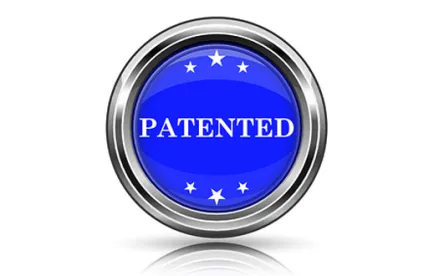The Federal Circuit recently ruled that state sovereign immunity does not apply in Inter Partes Review (IPR) proceedings, closing another America Invents Act (AIA) loophole. The case, Regents of the University of Minnesota v. LSI Corporation and Avago Technologies U.S. Inc. (Fed. Circ., 2018-1559), included the review of six Patent Trial and Appeal Board (PTAB) IPRs where the Regents of the University of Minnesota (UMN) filed motions to dismiss based on state sovereign immunity. The loophole in the AIA stems from Congress not specifically addressing waiver by sovereign entities, such as foreign countries, U.S. states, and Native American nations, in AIA proceedings such as IPRs. In the absence of legislation or case law to the contrary, sovereign entities were free to assert sovereign immunity from lawsuits to avoid IPR proceedings.
Prior to reaching the Federal Circuit, the PTAB had decided that sovereign immunity applied to IPR proceedings, but that UMN had waived their immunity by filing a patent infringement lawsuit against LSI and others. The Federal Circuit’s recent decision effectively reversed the PTAB by concluding that state sovereign immunity does not apply to IPR proceedings, closing the loophole allowing state-owned patents to be immune from IPR challenges. In reaching the UMN decision, the Federal Circuit reiterated its reasoning from Saint Regis Mohawk Tribe v. Mylan Pharmaceuticals Inc., 896 F.3d 1322 (Fed. Cir. 2018), where it previously held that IPR proceedings were not barred by tribal sovereign immunity. While it remains to be seen whether foreign countries could assert sovereign immunity in an IPR proceeding, it seems likely that the Federal Circuit would reach a similar conclusion by applying the rationale used to decide the state and tribal sovereign immunity cases.
These AIA loopholes were initially exploited by entities trying to avoid IPR proceedings. It’s no secret that IPR proceedings initially resulted in high rates of claim invalidation and were viewed as very unfriendly to patent owners. While PTAB invalidation rates may have dropped in the recent years, IPR proceedings still pose a significant risk to any patent owner. If IPR proceedings were viewed as fair and even-handed, then would there be such incentive for exploiting these loopholes in the first place?





 />i
/>i
